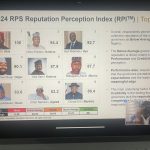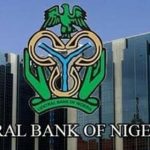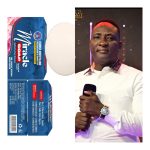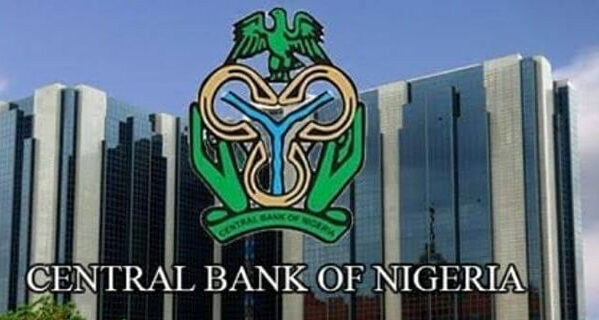Abdulraheem Muhammed olarewaju
A recent Central Bank of Nigeria (CBN) directive has created a stir among Nigerians. The regulation, published on May 6, 2024, requires banks to collect a 0.5% fee on all electronic transactions to finance cybersecurity efforts.
The decision, issued by CBN officials Chibuzo Efobi and Haruna Mustafa, covers all commercial banks, mobile money providers, and other financial institutions in the country.
This decision has prompted widespread criticism on social media, with many doubting the levy’s transparency and efficacy.
Social media users are expecting transparent explanations from the CBN about the levy. One Facebook user, Immanuel James Ibe-Anyanwu, called for a detailed breakdown of how the collected funds will be used and the expected benefits for bank customers.
He said “The media should be telling us what exactly is the rationale behind this policy, what the fund would be used for, and how it would benefit the customer, if at all. Is the CBN now underwriting cybersecurity risks? What happens if they make these deductions and customers still lose money to online fraudsters? Can someone in the Nigerian media actually do a thorough policy analysis?
Another Facebook user, Emmanuel Aduragbemi Adeyanju, attacked the levy’s percentage-based structure, claiming that it disproportionately affects large transactions. He proposes a flat charge, especially during a difficult economic moment.
He also said “ The Last time I checked, NSA budgets aren’t audited therefore a ‘Cybersecurity Tax’ to fund the NSA whose expenditures aren’t audited is highly misguided. Why will you add tax at a challenging time like this with this kind of hard inflation? The 0.50% charge is too much and stupendous. Imagine paying a whopping N25,000.00 for a N5 million transaction.
That is too much. If they wanted this Cybersecurity fee, they could have made it a flat fee of 2 naira only for transactions from N10k and above.
Others, such as Onyekachi Christopher Chukwudi, see the levy as exploitative, adding to Nigerians’ already heavy financial burden from other taxes and levies.
He said” It means extortion and exploitation of a people who are already overburdened by various taxes and levies by the ruling elite. It is akin to theft of masses funds!”
Several users, notably Batur Michael, support a flat-rate charge as a more equitable solution. However, the main issue appears to be a lack of openness. Nigerians want to know how the CBN intends to use the gathered money and whether it will genuinely boost cybersecurity.
Batur Michael posits that the government should engage the levy on flat rate “Nigerian government is seriously looking for ways to inflict more pains on her citizens. If at all they want to impose a cyber security levy they should have made it a flat rate according to the amount one is to deposit.”
The CBN has yet to openly respond to the rising social media criticism.
Nigerians are in the dark about the levy’s particular implementation and possible advantages.
As the issue develops, many people expect that the Central Bank will provide a fuller explanation to satisfy the public’s worries.













